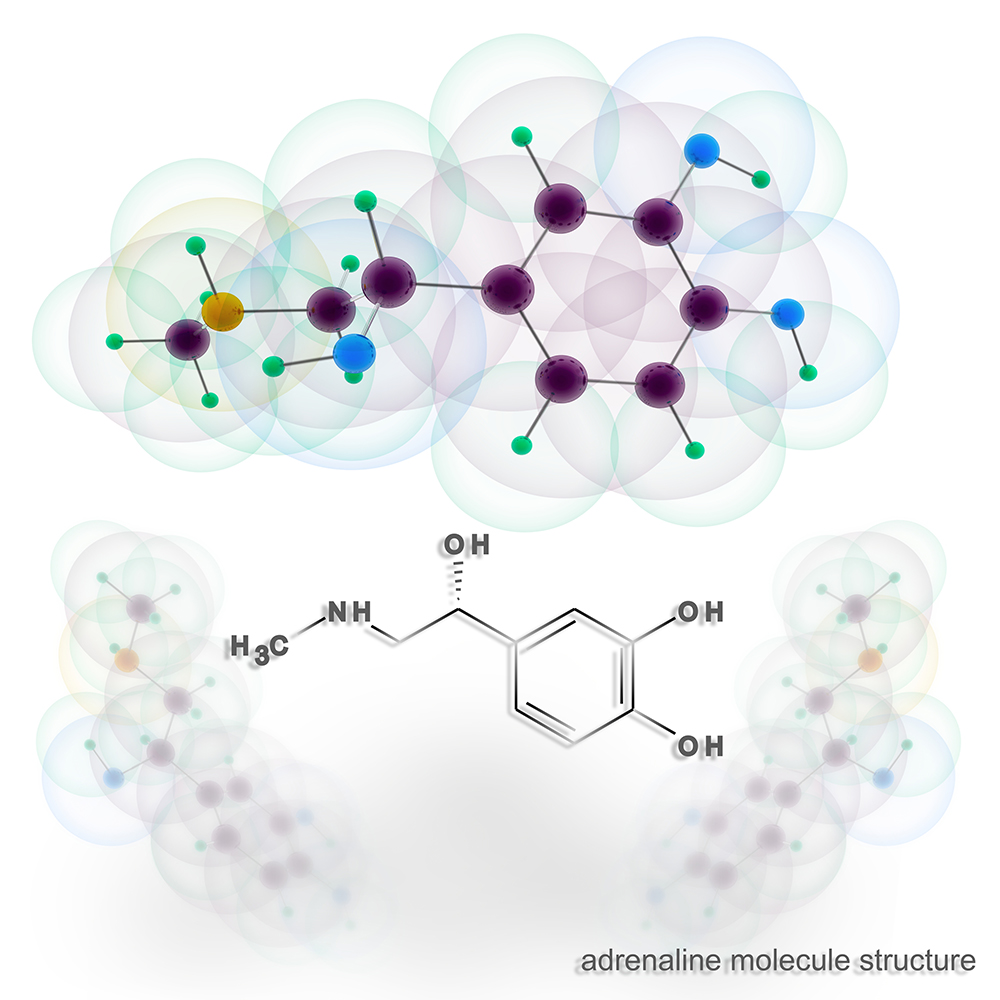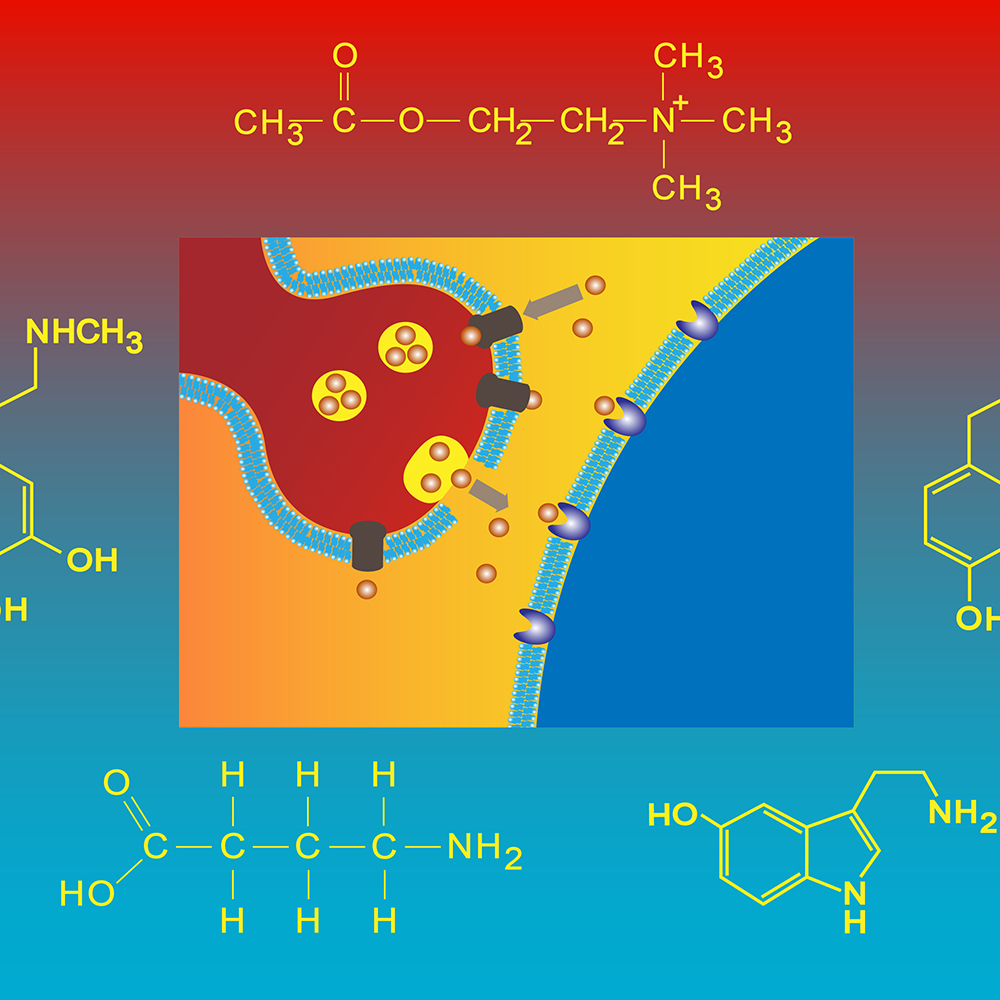
Clinical Neuropharmacology is concerned with the effects of neuro-active drugs and chemicals as these relate to the clinical professions, either human or veterinary. Clinical neuropharmacology consultations are typically in response to a clinician’s referral, where the drug-related or toxin-related issues the case presents are beyond the usual scope of the clinician's pharmacological expertise or experience or where the clinician requests a second opinion on these issues (such as in chronic pain treatment by opiates). Clinical neuropharmacological consultations typically address issues of pharmacodynamics, pharmacogenetics, pharmacokinetics, drug abuse and dependence, adverse reactions, drug-drug interactions, drug-food interactions, drug-metabolism, biotransformation, drug-disease interactions and drug idiosyncrasy.

Forensic Neuropharmacology is concerned with drug and toxin-related matters related to the law and its enforcement, and with matters relevant to the courts; criminal, civil and administrative. Forensic neuropharmacology issues span the whole range of drug action and interaction as these may relate to injuries, or to altered mental or somatic (bodily) functioning, states of intoxication that may have clinical and forensic relevance.

Pharmaceutical Neuropharmacology is concerned with the development of neuro-active drugs for use in clinical medical applications, typically by pharmaceutical industries. Drug design, structure-activity relations, efficacy estimation, pharmacokinetics, pharmacodynamics, experimental design and interpretation and regulatory issues are encompassed by pharmaceutical neuropharmacology. Forensic aspects of pharmaceutical consultation include patent litigation support to the pharmaceutical industry and related parties.

Research Neuropharmacology is concerned with the elucidation and discovery of the mechanisms of action and interaction of drugs that influence nerve tissue. A branch of the profession also works with toxins that are designed to kill by action on the nerves, such as insecticides and nerve 'gasses' and with the development of antidotes and treatments for these toxins. Research neuropharmacology is also concerned with the use of drugs as tools to investigate nerve and brain physiology and metabolism. In pharmaceutical environments, research precedes development in the design of new drugs and the modification of existing drugs. Research neuropharmacology is the leading edge of the profession.

